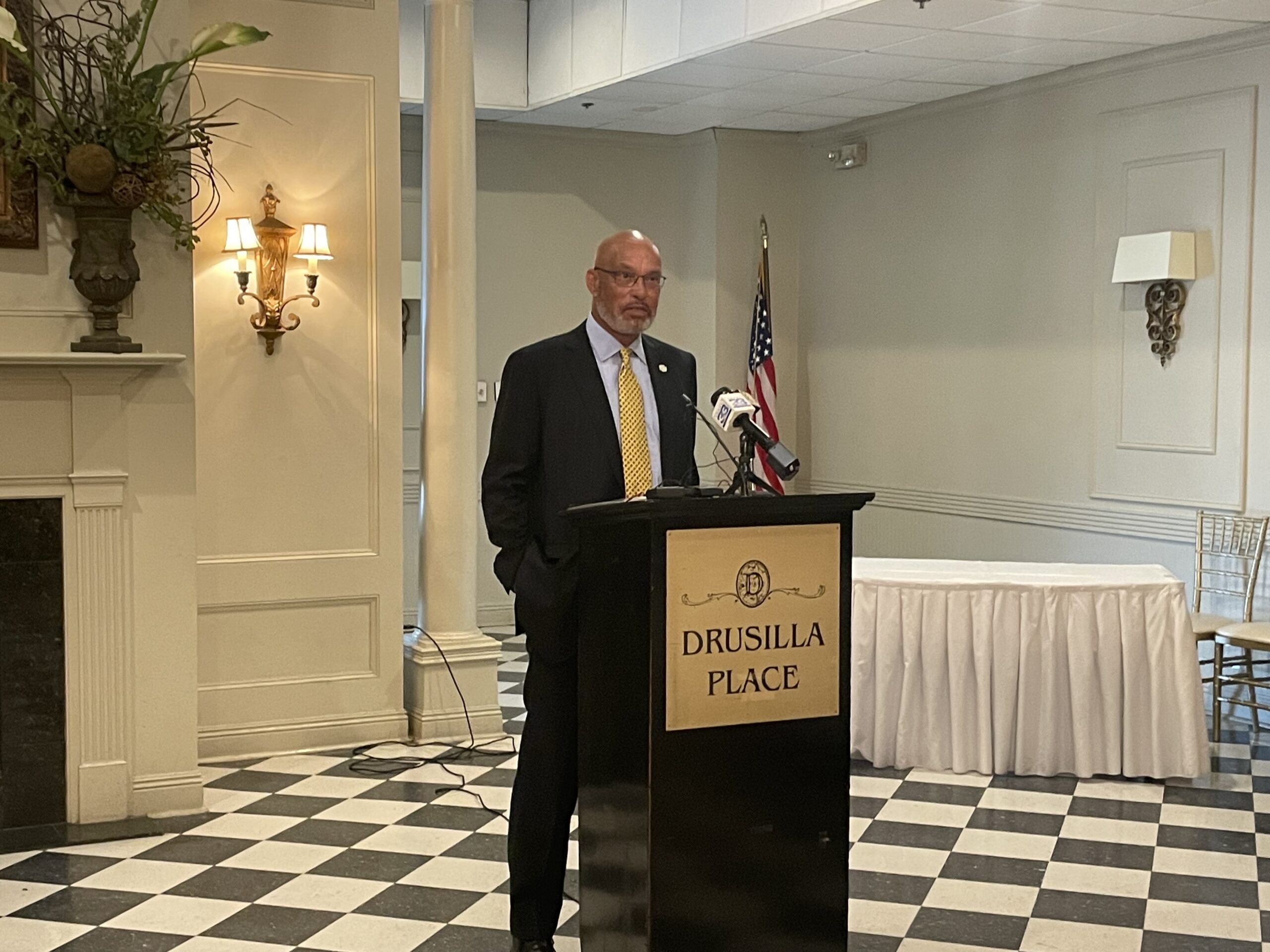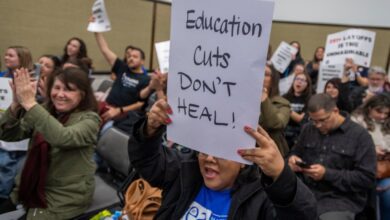Diversity, equity and inclusion backlash baffles Southern University System president

Across the Southeast, state legislatures have passed bills to curb tenure and diversity, equity and inclusion, which has led to schools in those states having trouble hiring and retaining faculty.
Dennis Shields, president of the Southern University System, told the Baton Rouge Press Club Monday he doesn’t understand the backlash to diversity, equity and inclusion (DEI) programs. Having grown up in Iowa, where the Black population is low, he said he was taught nothing about Black history in the state.
“You would never believe anybody Black did anything significant,” Shields said of his education. “We can’t move forward into the future if we don’t have a clear vision of what transpired in the past.”
Understanding the challenges faced by different communities is a key part of academic research, Shields said, pointing to research LSU President William Tate conducted on racial health disparities. Tate’s research has emphasized the intersection between race, education, society and public health outcomes.
When states act to curb higher education DEI efforts, it makes it difficult to attract and retain faculty willing to stay long enough to earn tenure, according to Shields.
“Tenure is a very important aspect of what we do,” he said. “The academic freedom to teach the way we can, the way we want… is extraordinarily important, while at the same time it is up to us… to run a rigorous tenure process that holds ourselves accountable for developing teachers and scholars.”
Attempts to undercut DEI programs at Louisiana schools failed to advance in the Louisiana Legislature this year. A resolution that sought reports on DEI spending was shut down in the House Education Committee.
Shields did offer praise to the Louisiana Legislature for investments in higher education but said there is more work to be done.
“We’re grateful for what we received there, but statewide I think it was like $55 million in deferred maintenance,” Shields said. “I can tell you, I can make the case for almost $300 million in deferred maintenance on the Baton Rouge campus alone.”
Shields, who just marked his first year as head of the nation’s only historically Black university system, said higher education leaders should look to diversify their revenue streams. While the state’s fiscal situation has improved, which has led to more investment in higher education, Shields said schools should not be totally dependent on state revenues and tuition.
The Southern University System will look to bring in more federal grants and form partnerships with private businesses to make itself more independent, he said.
Shields also remarked student loan forgiveness was one way the federal government has looked to reinvest in higher education.
Last month, the U.S. Supreme Court struck down President Biden’s plan to forgive $10,000 in student debt for every borrower and an additional $10,000 for low-income students. He has since proposed wiping out the debt of more than 800,000 federal student loan borrowers with changes to the Department of Education’s income-driven repayment plans.
“Loan forgiveness was just a small fraction of a way to sort of get back to subsidizing higher education in a way that probably is in the best interest,” Shields said. “Because these students who live with significant debt, they’re not buying cars, they’re not buying houses, they’re not helping the economy.”
GET THE MORNING HEADLINES DELIVERED TO YOUR INBOX




